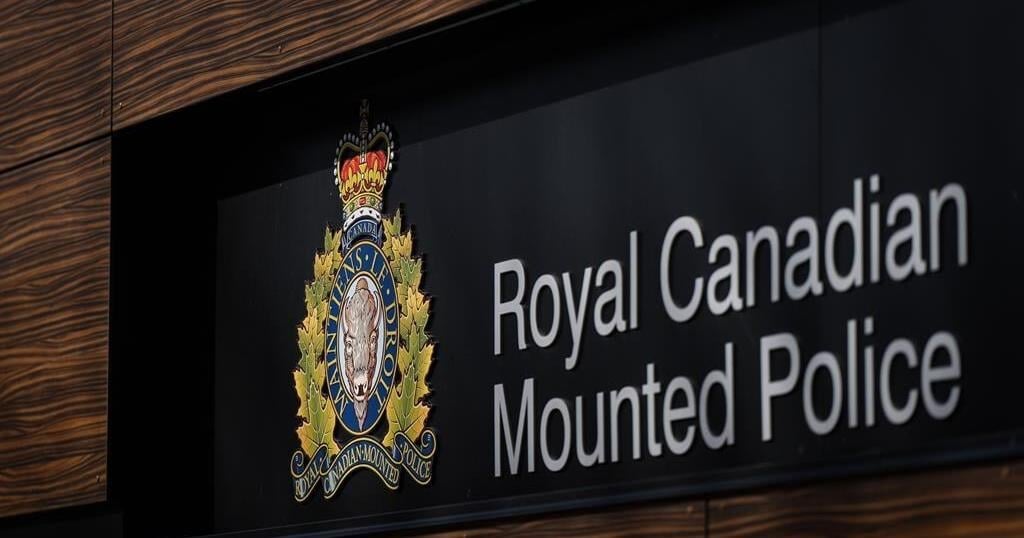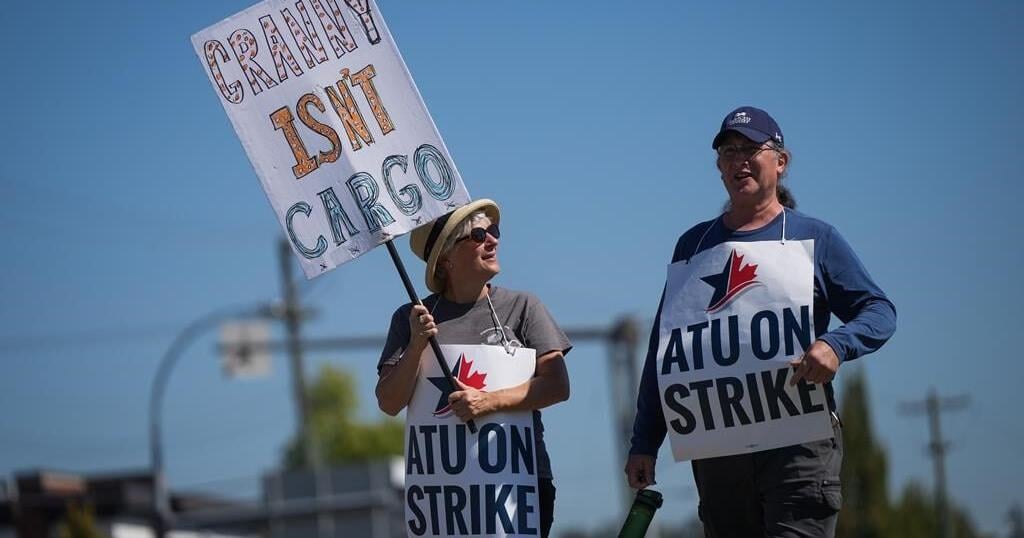TORONTO —
A little over two months ago, there was a titanic shift in Canada’s attitude toward COVID-19.
Almost overnight, what had been thought of as primarily a problem for other parts of the world was suddenly understood to be the greatest public health threat the country had seen in generations.
Many Canadians found themselves caught off-guard, surprised to find out that schools and workplaces were being shut down. Only in the following weeks, as new daily case counts climbed from a couple hundred to more than 1,000, did it become clear how high the toll would have been had life gone on as normal.
All of which raises an important question: Will it happen again? Will Canadians be lulled into complacency by declining numbers of new COVID-19 cases, only for another round of infections to lead to a large number of deaths that could have been prevented?
SECOND WAVE EXPECTED
Prime Minister Justin Trudeau acknowledged Thursday that his government expects a second wave of COVID-19 to sweep through the country at some point.
“One of the things we know is that in pandemics, there are usually second waves,” he said at his daily press briefing.
“The question that we’re very much focused on is that, as that second wave begins, or as we start to see resurgences in a reopened economy, how quickly are we able to contain them and control them?”
Medical experts are also increasingly of the view that a second wave of COVID-19 infections spreading across Canada is a question of when, not if.
“The second wave will come, but how acute it is or how large it rises so it doesn’t overwhelm our health-care system needs to be considered,” Dr. Sandy Buchman, the president of the Canadian Medical Association, told CTV News Channel on Thursday.
That was the thinking behind the lockdown-like measures imposed in March. By severely reducing the amount of contact most Canadians had with others, and therefore curtailing the ability of the novel coronavirus to spread widely, they hoped to limit the critically ill COVID-19 patient load to a number that could be cared for within the existing capacity of the health-care system.
It worked. Hospitals and intensive care units were not overloaded here to the extent they were in many other countries.
But now, as public-gathering limits are increased and other COVID-19-inspired restrictions are relaxed, experts are warning that there is not enough information available to prove that returning to some degree of normalcy is safe – or to alert us to the arrival of a second wave.
“We need to gather more information, we need to do adequate testing in our communities, we have to do more contact tracing, and ultimately we have to do serologic testing,” Buchman said.
TESTING AND TRACING
Buchman brought the same message to the Senate’s Standing Committee of Social Affairs, Science and Technology on Wednesday, saying that Canada is “not fully prepared for a second wave” and that provinces are “gambling by reopening” without having more testing and tracing programs in place.
“We have insufficient information as to what’s out there, and we can’t make really good, evidence-informed decisions about opening up,” he told senators.
Serologic testing, also known as antibody testing, measures antibodies that appear in the blood after an infection. It can be used to detect cases of COVID-19 after the fact, even in those who never displayed symptoms, painting a clear picture of how many people have developed immunity to the virus.
Contact tracing involves being able to quickly track down everyone who may have been exposed to a newly-diagnosed COVID-19 patient. Many countries have rolled out high-tech contact tracing systems that use smartphone GPS data to determine who was in contact with a new patient.
This has not happened in Canada, but federal officials have said they are looking at dozens of options. While the actual testing and tracing work will be carried out by provincial governments, Trudeau said Thursday that Ottawa is working to help the provinces in “massively scaling up” their capacity to do so.
The lack of a contact tracing system is only one problem, though. Dr. David Fisman, an epidemiologist at the University of Toronto, notes another: Canada still has too many new cases for combing through each patient’s history and alerting all their recent contacts to be a realistic goal.
“You can’t meaningfully do contact tracing at 300 new cases a day. You just don’t have the resources to do it,” he told CTV News Channel on Thursday.
“You can do it if you have five or 10 or 20 new cases a day.”
ANYTIME, ANYWHERE?
Asked if there will be a detectable early warning of a second wave of COVID-19 cases starting to spread through the country, Buchman suggested there is no clear answer at this point.
“That’s the essential question. We will know if we get more information,” he said.
While much of the public discussion has centred on the idea of a second wave hitting in the fall – when colder weather sends Canadians back indoors, where it is easy for the virus to spread – Fisman said it couldhappen anytime.
“People keep talking about a second wave coming in the fall. There’s no reason to expect the wave necessarily is going to come in the fall,” he said.
It is also possible that a second wave will be easier to notice and respond to in some parts of the country than in others.
“There’s reason to be concerned about the inability to really get this job done, especially in Ontario and Quebec,” Fisman said.
“The Atlantic provinces look really good. British Columbia’s shown a lot of competence, as have the Prairies. The COVID-19 pandemic story in Canada at this point is basically the story of Ontario and Quebec.”
Quebec, which has the highest COVID-19 case count and death total of any province, has started to reopen schools and businesses outside Montreal. Dr. Matthew Oughton, director of the infectious disease training program at McGill University Health Centre, told CTV News Channel on Thursday that the province “may have to go a step backwards” if the number of cases starts to shoot up.
“We have to identify all of the cases, and move quickly to put them in self-isolation,” he said.
“This is the reality of living in a pandemic. There is no perfect, risk-free solution.”
Indeed, while reopening society comes with consequences, so too does keeping it closed. Buchman said doctors are seeing patients stop seeking treatment for everything from cardiovascular disease to diabetes, while cancer screenings and child immunizations are being put off during the pandemic.
“These are really critical things,” he said.
“The public did so well by locking down, but we can’t just lock down anymore. We have to do this in a cautious, informed way.”
Let’s block ads! (Why?)

Source link
Related
































